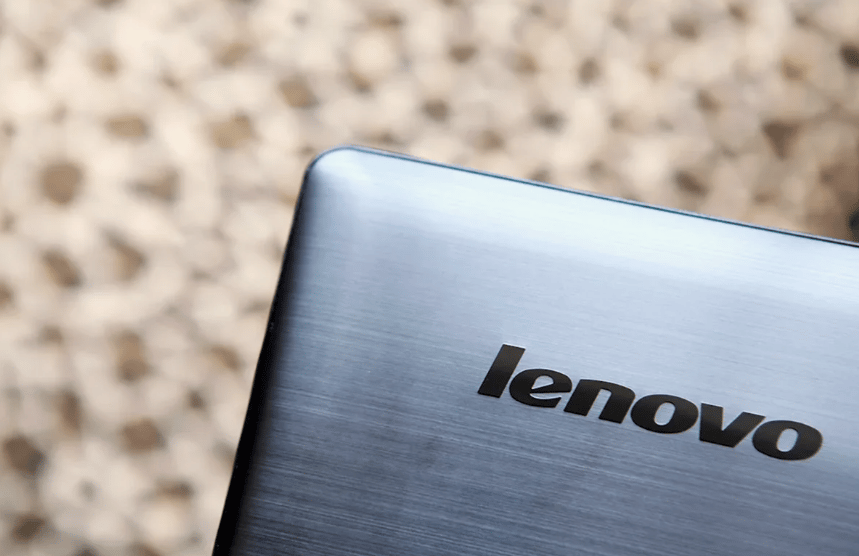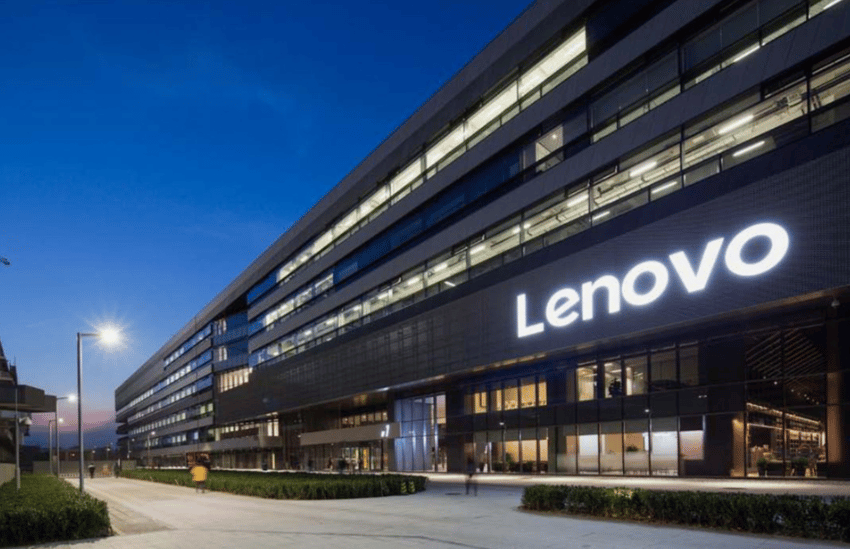Lenovo Reports 64% Q4 Profit Plunge Amid US Tariffs and Warrants Losses
Chinese technology giant Lenovo $0992.HK, recognized as the world’s largest personal computer manufacturer, disclosed a sharp 64% decline in its fourth-quarter profit. The results significantly underperformed market expectations, triggering a steep drop in Lenovo’s share price. This downturn occurred against a backdrop of escalating US-China trade tensions, notably following the US government's decision in March to double tariffs on fentanyl-related Chinese imports, affecting broader Sino-American trade dynamics.
Drivers of Lenovo’s Profit Decline and Strategic Implications
Lenovo’s marked reduction in quarterly profit primarily stemmed from substantial losses attributed to the fair value adjustment of warrants. Warrants are financial derivatives that grant the holder the right to purchase company shares at a predetermined price, and fluctuations in their valuation can materially impact reported earnings.
Additionally, the company faced external pressures linked to US trade policy shifts. The administration of then-President Donald Trump’s tariff escalation on fentanyl-associated imports imposed increased costs and supply chain uncertainties for Chinese exporters, Lenovo among them. Though Lenovo’s core business centers on personal computers, these tariffs contributed to operational headwinds, negatively influencing profit margins.
This intersection of financial derivatives losses and trade-driven cost pressures illustrates the vulnerabilities Chinese multinational technology firms face amid geopolitical frictions. Lenovo's stock performance mirrored investor concerns, reflecting the broader market sensitivity to US-China economic relations.

Quick Facts:
Lenovo reported a 64% drop in Q4 profit, missing analyst expectations.
Losses on the fair value of warrants significantly impacted earnings.
US tariffs on fentanyl-related Chinese imports doubled in March 2025, adding trade pressure.
Lenovo’s shares experienced a sharp decline following the earnings announcement.
The company remains the world’s largest personal computer manufacturer by volume.
Continued Analysis: Market and Industry Reaction
The market response to Lenovo’s earnings miss was immediate and pronounced, with share prices falling sharply. Analysts emphasized that while the warrant-related losses were non-cash and potentially volatile, the underlying impact of US trade policy presented tangible challenges. The tariff hike on fentanyl-related goods, though narrowly targeted, had wider implications for Chinese exporters due to the interconnected nature of supply chains and regulatory uncertainties.
Industry commentators noted that Lenovo’s situation reflects a broader trend affecting Chinese tech companies, which are navigating an increasingly complex global trade environment. The cost implications from tariffs and the risks of financial instrument volatility place added strain on profitability and investor confidence.

Key Points:
Lenovo’s 64% profit decline largely driven by fair value losses on financial warrants.
The US tariff escalation on fentanyl-related imports increased operational challenges.
Market reacted negatively, with a significant drop in Lenovo’s stock price post-announcement.
The situation underscores broader US-China trade tensions impacting Chinese exporters.
Lenovo’s dominant position in the PC market faces new risks amid geopolitical uncertainty.
Significance of Lenovo’s Q4 Profit Drop Amid Trade Tensions
Lenovo’s sharp profit decline in the fourth quarter of 2025 highlights the multifaceted risks Chinese multinational corporations confront in the current geopolitical climate. While warrant valuation losses contributed heavily to the earnings miss, the backdrop of intensified US trade tariffs—specifically on fentanyl-linked imports—added an additional layer of complexity to Lenovo’s financial performance. The market’s reaction reflects apprehension over these combined pressures and the potential for sustained volatility. This episode illustrates how external trade policy shifts and financial derivative exposures can converge to significantly impact corporate profitability, shaping the outlook for Lenovo and similar players in the global technology sector.















Comments
Innovative investment strategies like these are unlocking unprecedented growth and reshaping the capital framework within the industry